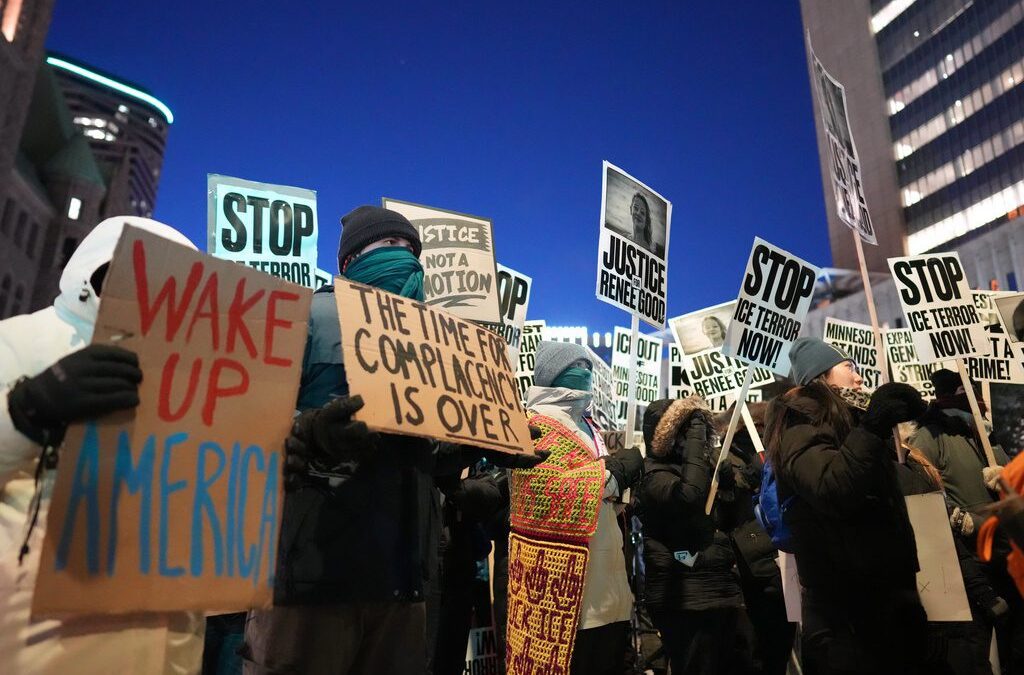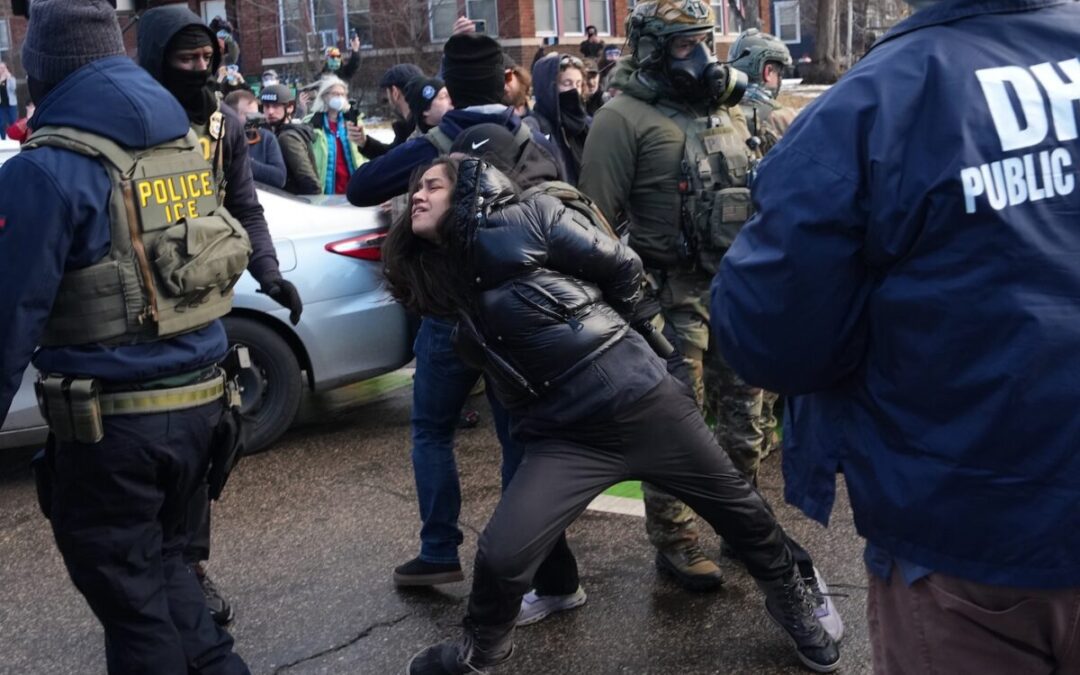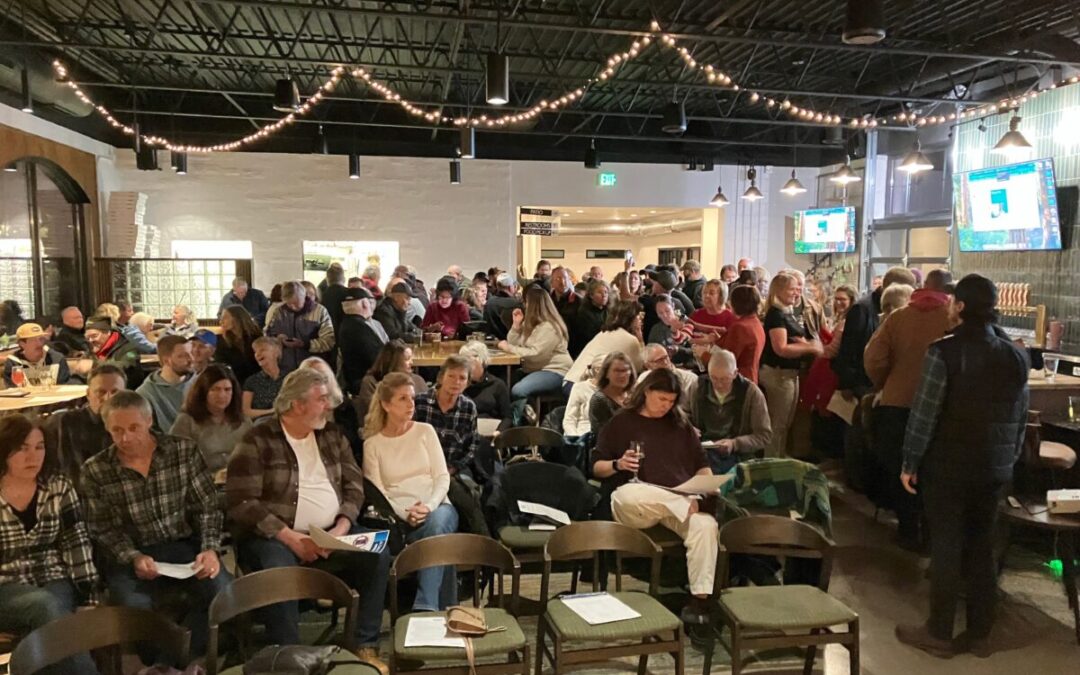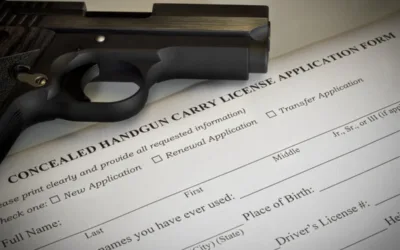
#image_title
Several provisions that killed the Legislature’s first proposed COVID-19 package this year now passed as individual bills.
Several provisions prompted Gov. Tony Evers to veto the first COVID-19 relief bill of the legislative session in February. On Tuesday, both the Assembly and Senate passed those provisions as separate bills.
After the state Senate and Evers had reached an agreement on a COVID-19 relief bill, Assembly Republicans amended the bill with several provisions that restricted the powers of public health officials, undermined public health measures to prevent the spread of COVID-19, and required legislative oversight of federal COVID-19 relief funds.
The Legislature did manage to get a compromised relief bill to the governor’s desk last month for the first time in 300 days, but legislative Republicans reintroduced the controversial provisions as separate bills. It is not clear whether Evers plans to sign or veto the bills passed by the Assembly and Senate.
Two of the bills would prohibit public health officials and employers from requiring individuals to receive the COVID-19 vaccine. Some medical organizations lobbied in opposition, arguing they need their employees to be vaccinated to keep patients safe.
“While certainly vaccination is a blessing to have, it has not gone through the entire process that normally is done by the [Food and Drug Administration],” Rep. Jeremy Thiesfeldt (R-Fond du Lac) said during a press conference ahead of the floor session.
Minority Leader Gordon Hintz (D-Oshkosh) said during Assembly Democrats’ pre-session press conference that the vaccine bills and a resolution directing the Assembly Committee on Campaigns and Elections to investigate the administration of the last two years’ elections were an attempt to “undermine the public’s confidence.”
“Today is one of those examples where I think you need to question what’s the point of what we’re doing,” Hintz said. “Shouldn’t state leaders be doing everything to restore public confidence in both vaccines and democracy during this key time?”
When asked whether they would accept the vaccine, Speaker Robin Vos (R-Rochester) and Assembly Majority Leader Jim Steineke (R-Kaukauna) said they would, but Steineke emphasized it’s a “personal choice.”
Another bill would require legislative oversight of federal COVID-19 relief funds, which Republicans in the Assembly and Senate argued was a straightforward matter of legislators providing input on how Evers spends federal dollars. Wisconsin Democrats argued they see it as another attempt to delay or prevent relief from getting to Wisconsinites and pointed to the nine months of inaction last year during the height of the pandemic.
“Wisconsinites and people across this country were closing their businesses after crying out for help and getting none or watching their loved ones die after seeing too many members of the majority party holding maskless superspreader events to support campaigns,” said Sen. Kelda Roys (D-Madison). “Too many were asking for help that didn’t come. Some of the very same folks that are pushing this bill didn’t show up to work in this building for nine months.”
Democrats also brought up the current inaction on the one-week waiting period for unemployment benefits, which was waived in light of the pandemic, but has since been allowed to lapse by the Republican-controlled Legislature. Because the one-week waiting period has been reinstated, new unemployment applicants will not have access to the additional $300 per week their first week, which would be covered by the federal government.
Senate Democrats proposed an amendment that would waive the one-week waiting period for unemployment relief, which was struck down by their colleagues as not being germane.
Vos stated ahead of the session that the caucus would meet on Wednesday and come to a decision on the one-week waiting period. Vos has said in previous press conferences that he does not support extending the waiver because he believes people are not applying for jobs, such as at his popcorn company in Burlington, because they are earning more in unemployment.
Economists point out that the issue is more complicated; the state has a mismatch between high-demand skills and acquired skills and a mismatch between areas with worker shortages and areas with high unemployment, which existed before COVID-19.
Another would bar public health officials from setting any limitations on gatherings at places of worship due to the pandemic. Rep. David Bowen (D-Milwaukee), who contracted and recovered from COVID-19, said the bill created a “false choice between public health and faith.”
“I can speak for only myself, but my faith is strong enough to weather a pandemic, my church community is as vibrant as it was before this pandemic, and my freedom to worship has never been attacked,” Bowen said in a press release. “Instead of protecting faith communities, [the bill] would put our communities at risk of COVID-19 outbreaks: many of our citizens got sick in large gatherings in places of worship.”
Rep. Donna Rozar (R-Marshfield) put forward a bill that would require the state to plan for when state employees would be required to return to their offices. Some Republicans, including Vos, implied that these employees were not working while at home. Rozar stated that she did believe they were working at home but would be more effective at the office.
All of the bills passed the Senate and Assembly and have been sent to the governor’s desk. As of Wednesday morning, Evers had not announced whether he would approve or veto them.

Oppose ICE? Here’s how you can take action
The moment we’re in The US Senate is currently deciding whether to approve new funding for the Department of Homeland Security (DHS), including...

Lt. Gov. Rodriguez wants to protect Wisconsin families… from ICE
President Trump’s masked police force claims a mandate to keep Americans safe from criminal immigrants, but an ongoing record of violence against...

6 immigrant-owned Wisconsin businesses to support in 2026
Immigrant-owned businesses support the local economy and provide an opportunity to learn about new cultures. Here are six in Wisconsin to check out...

AI data center plans for Greenleaf scrapped amid community opposition
The real estate company looking to bring a data center to Greenleaf has ended its pursuit of property after residents and officials made clear they...




